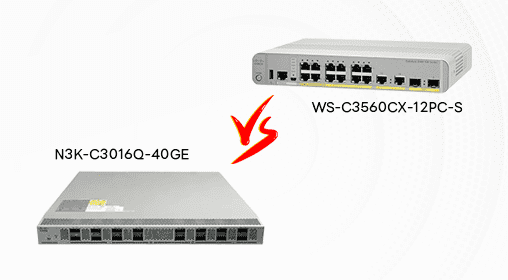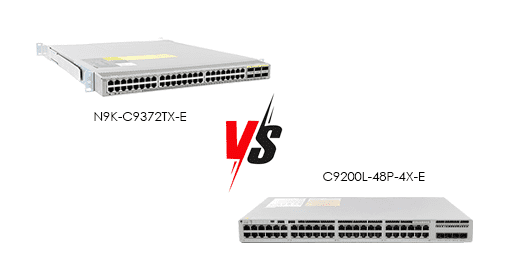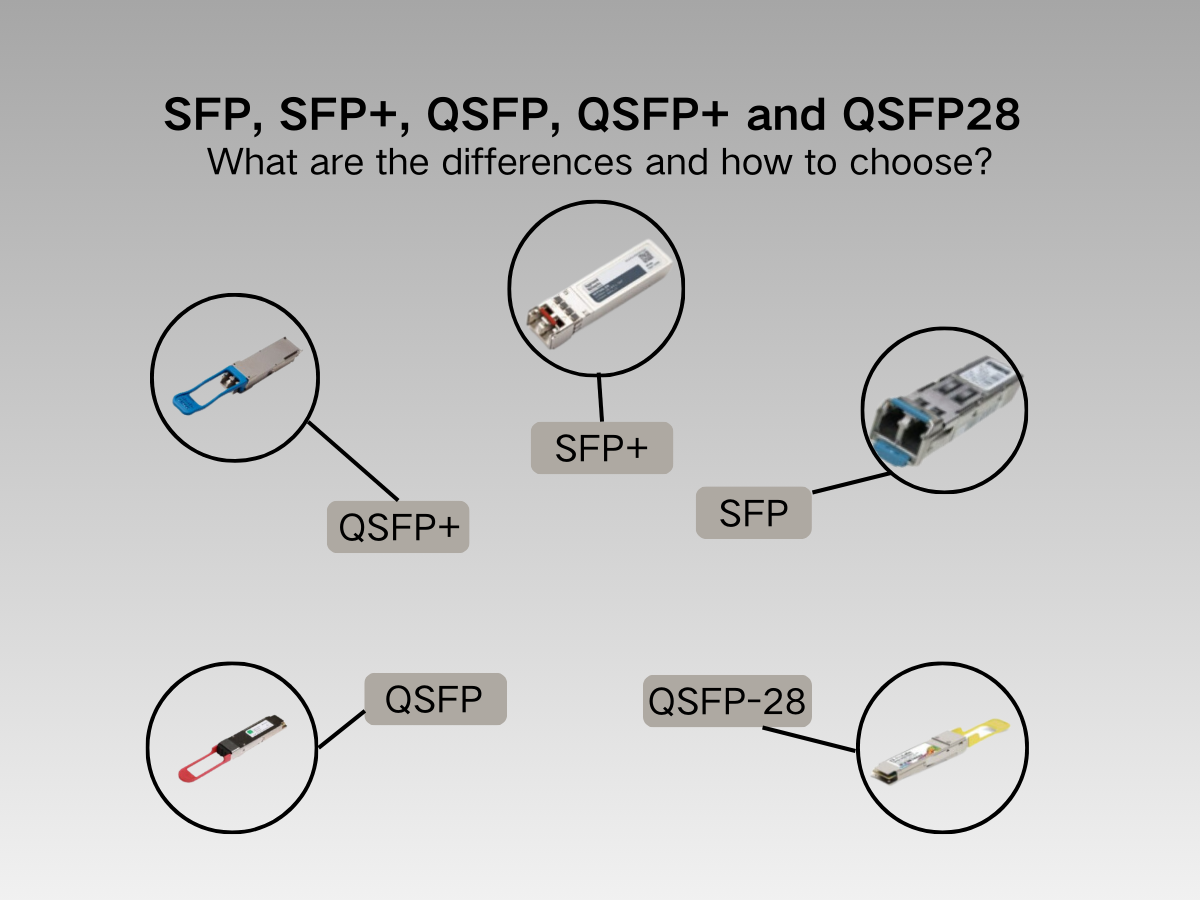




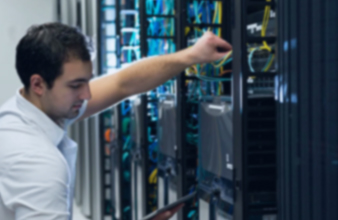









As global environmental issues become increasingly severe, sustainable development has become a core topic across all industries. The Information Technology (IT) sector, as a pillar of modern society, plays a significant role not only in driving economic growth and social progress but also in the application and promotion of sustainable technology.
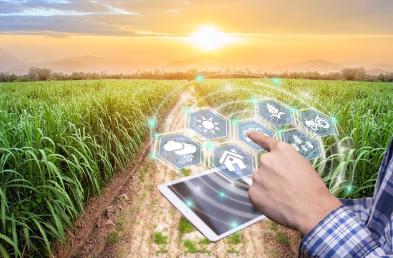
Sustainable technology refers to those technologies that are designed, developed, and applied with environmental protection at their core. They aim to reduce resource consumption, lower environmental impact, and promote long-term sustainable development. These technologies seek to achieve a balance between economic, social, and environmental considerations through innovation and efficient use of resources.
Firstly, sustainable technology can combat climate change, one of the most serious challenges facing the world today. By reducing greenhouse gas emissions, improving energy efficiency, and promoting the use of renewable energy, sustainable technology serves as an essential tool in addressing climate change. For instance, the widespread application of renewable energy technologies such as solar and wind power is helping countries reduce their dependence on fossil fuels, thereby slowing the pace of global warming.
Secondly, sustainable technology fosters the efficient use of resources. The Earth's natural resources are finite, and with population growth and economic development, overconsumption of resources has become a serious issue. Sustainable technology enhances the efficiency of resource utilization, reduces waste, and extends the life cycle of resources. For example, the promotion of the circular economy model, through recycling and reusing waste, reduces the demand for raw materials and helps alleviate resource pressure.
Lastly, sustainable technology can protect the ecological environment. Sustainable technology focuses not only on the efficiency of resource use but also on the protection and restoration of ecosystems. For instance, sustainable technologies in agriculture, such as organic farming and precision agriculture, reduce the destruction of land and water resources and protect biodiversity by minimizing the use of chemicals and optimizing resource allocation.
Sustainable technology in the IT industry refers to the practice of reducing the environmental impact of information technology and improving its long-term sustainability. It includes a range of strategies and measures aimed at reducing energy consumption, waste, and promoting environmentally friendly decisions in the IT industry. This concept covers various stages such as manufacturing, management, use, and disposal, with the goal of mitigating the impact of solutions and the entire industry on the environment.
In IT manufacturing, sustainable technology focuses on implementing innovative strategies and initiatives to reduce the burden on the environment while promoting technological advancement. In IT management, sustainable technology concentrates on optimizing the operation and use phases of the IT life cycle, requiring organizations to effectively manage assets, adopt energy-saving devices, and explore the application of renewable energy. In IT disposal, sustainable technology focuses on optimizing the device decommissioning process, with a particular emphasis on the principles of the circular economy.
As an important part of broader environmental sustainability and social responsibility programs within organizations, the application of these practices and principles of sustainable technology in the IT industry enables businesses and individuals to reduce their carbon footprint, conserve resources to the greatest extent, and make a positive contribution to creating a more sustainable IT industry.
Data centers in the IT industry are major consumers of energy. Traditional data centers often rely on high-energy cooling systems and a large supply of electricity, which has a significant negative impact on the environment. To address this challenge, the IT industry is actively promoting the green transformation of data centers. For example, by adopting more efficient server technology, utilizing natural cooling, and powering with renewable energy, the energy efficiency of data centers has been significantly improved, and carbon emissions have gradually decreased.
The widespread adoption of cloud computing technology also provides new possibilities for the optimal allocation of resources. Through cloud computing, businesses and individuals can utilize computing resources more effectively, avoiding the waste of resources under traditional IT architectures. At the same time, cloud computing has also promoted the development of virtualization technology, allowing multiple users to share the same physical resources, thereby significantly reducing hardware consumption and energy use.
Technological innovation has revolutionized our lifestyles, but the energy consumption is unsustainable in the long term. With the rapid development of cutting-edge technologies such as artificial intelligence, blockchain, and quantum computing, energy consumption is set to rise further. Therefore, when selecting hardware devices, consider those with the following features:
As the world's largest IT hardware equipment supplier, [Netcom Communication] maintains the philosophy of energy conservation and emission reduction, bringing a better experience to customers. With a rich inventory of approximately 100 million units, including Cisco 92000 series and 9400 series, which are characterized by low energy consumption and high availability, please feel free to contact our professional IT engineers for assistance in selecting the most suitable products for your needs.
The relationship between the IT industry and sustainable technology is becoming increasingly close. Under the influence of global sustainable development goals, the IT industry must not only promote sustainable development through its technological innovations but also play a greater role in social and environmental responsibilities. In the future, the technology of the IT industry will continue to advance and improve, bringing a greater impact to sustainable development!
